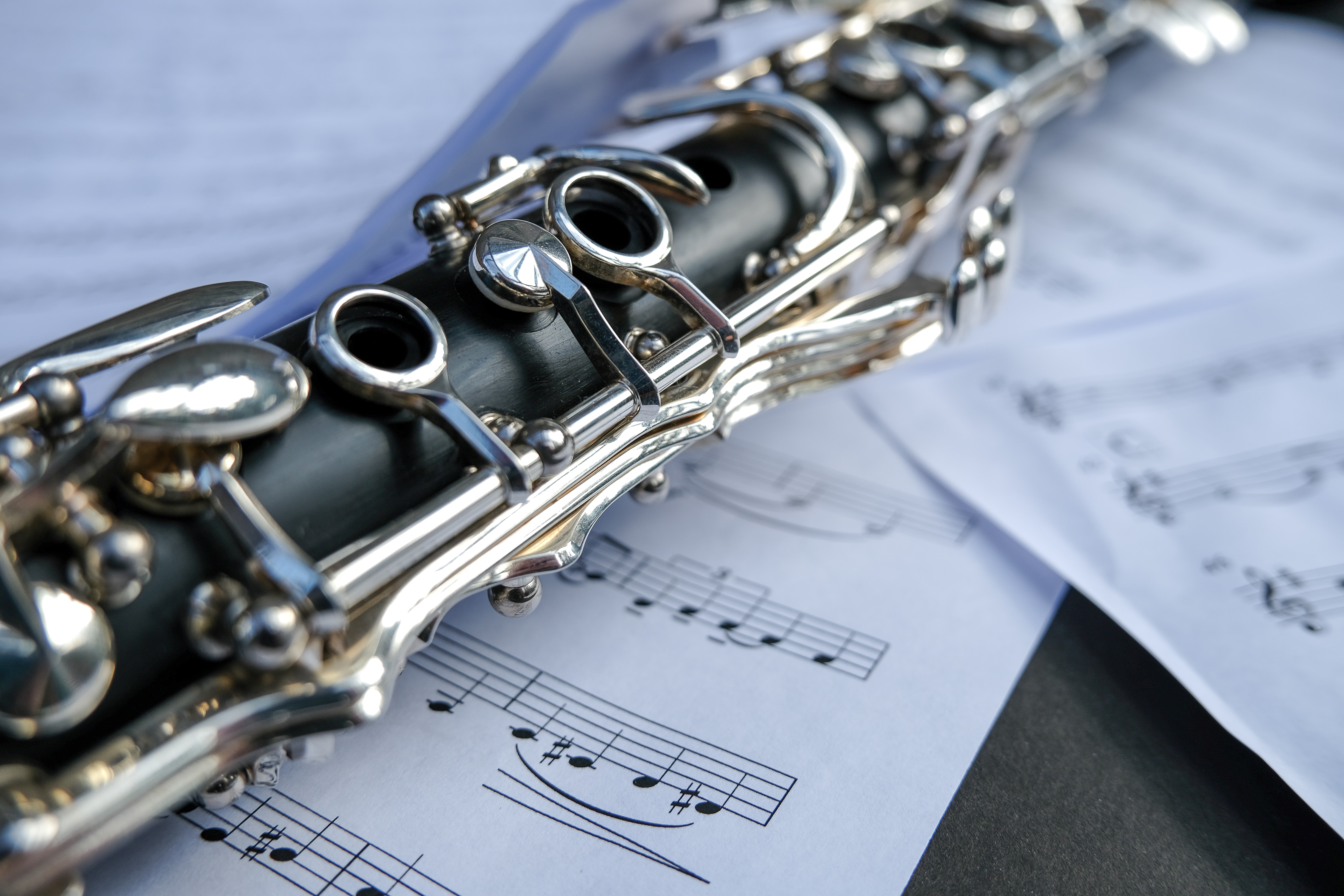About this Concert
Join us for a performance which puts a well-deserved spotlight on the ESO’s outstanding woodwind and brass sections. Emily Doolittle is a Canadian-American composer now permanently based in Glasgow who has worked extensively with the ESO since 2015 and will become the ESO’s Composer-in-Association in the ‘24-5 season. Doolittle adapted her earlier woodwind quintet of the same name for the same forces as Dvorak’s Serenade for a premiere by the ESO at the 2021 Three Choirs Festival. Emily is an artist who is particularly deeply engaged with the natural world. As a trained zoomusicologist, she is a world-recognised expert on the music of animals, and, according to the composer, “Woodwings is based on the songs and calls of a number of birds that are fairly widespread in Canada – the Bobolink, Hermit Thrush, Snow Goose, Winter Wren, and a selection of owls (Boreal Owl, Northern Pygmy Owl, Hawk Owl, Northern Saw-whet Owl, and Western Screech Owl).” As part of this project, Emily will be speaking about her work in zoomusicology with area young people in sessions developed and delivered by ESO Youth
At the time of the composition of his Divertimento, Viennese composer Hans Gál was one of the most celebrated and frequently performed composers in the German-speaking world. Following the rise to power of the Nazi party in 1933, Gál’s Jewish heritage meant that his music was banned and that he lost all his professional work. Gál fled to the UK and continued composing into the 1990’s,but never again enjoyed the esteem and popularity he had in the 1920’s. In restoring his largely-forgotten Divertimento to the repertoire, Music for Humans gives listeners a window into the cultural riches of an earlier that were lost to generations through political and racial oppression.
Dvořák is one of classical music’s most beloved composers, but in his own time, he was a fearless trailblazer, introducing Slavic and Bohemian folk elements into the sacred Germanic world of symphonies, concerti, string quartets and operas. In doing so, he became an early exemplar of classical music’s boundless capacity to embrace and celebrate different cultures. Dvořák’s celebration of his Czech roots in works like the Serenade would later inspire him to become the leading advocate for the embrace of African-American and Native American folk elements in the classical music of the USA.

